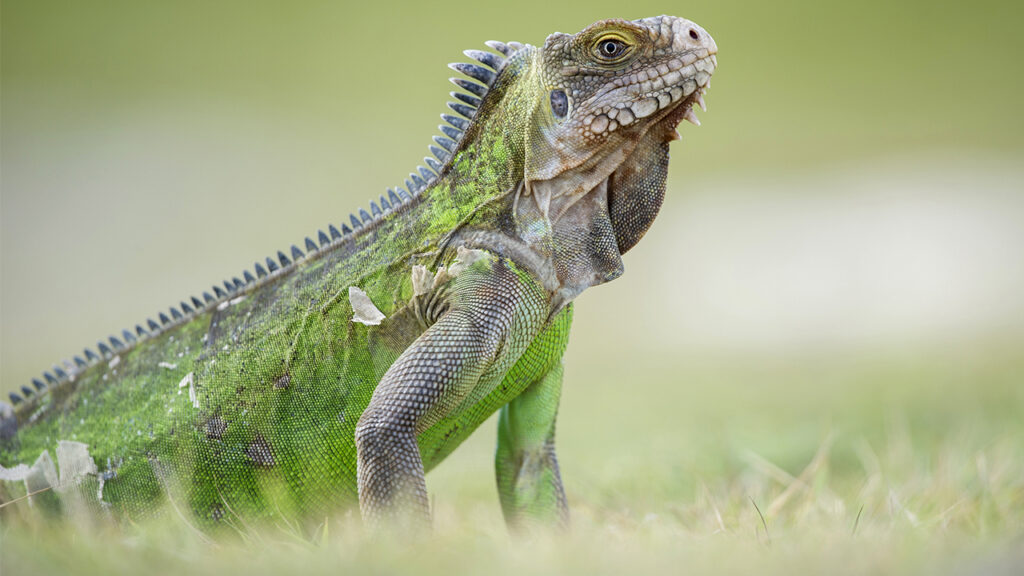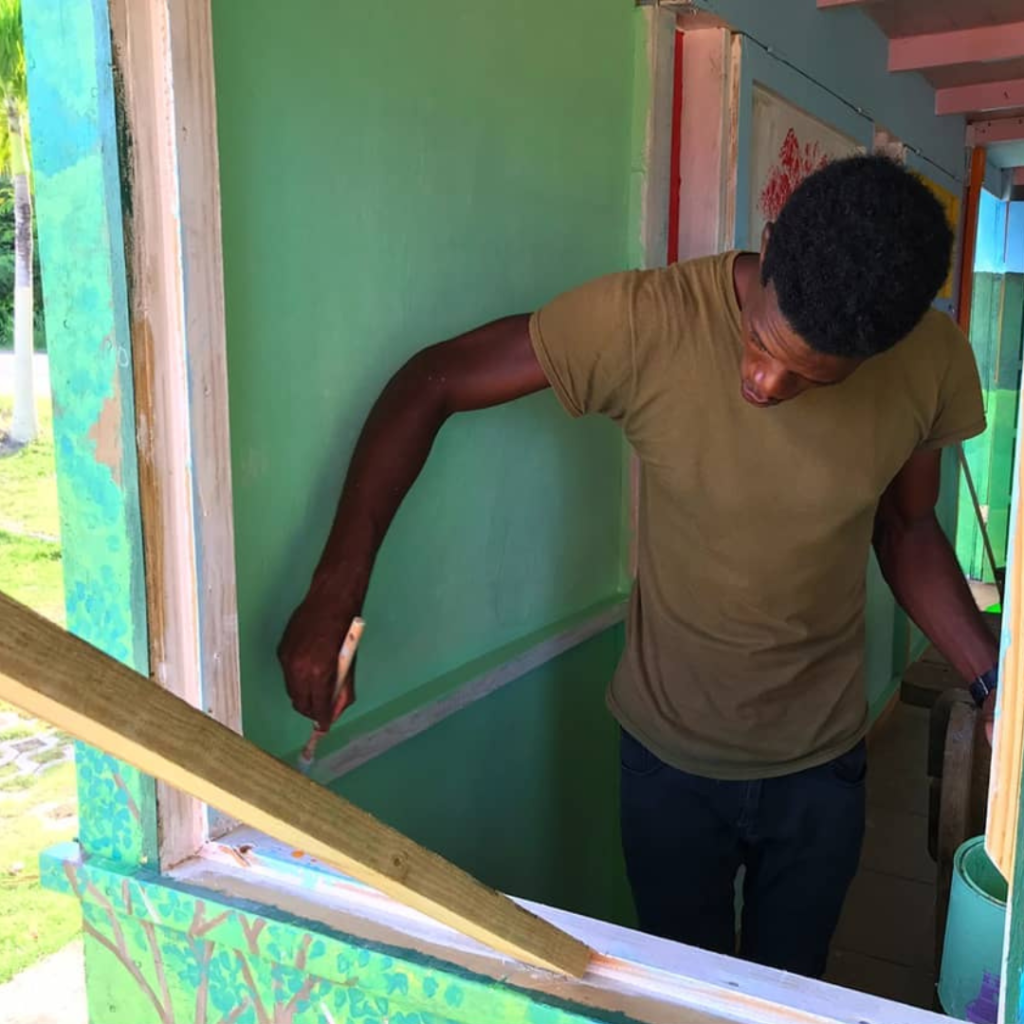The Caribbean is home to over 1,300 terrestrial and 13,000 marine species, many of which are only found in the region, as endemic species. This World Wildlife Day, March 3, the Caribbean Biodiversity Fund is celebrating the role it has played in the conservation of one of those species in Saint Lucia.
The original Indigenous People called Saint Lucia “Iyanola” which translates to the land of the iguanas. Conservationist Robert Williams notes the irony ”that historically the island should be synonymous with the iguana but unfortunately that is not as apparent today, considering the reduced population and current conservation status of the animal on the island. Many Saint Lucians have never even seen the animal their island was named after in its natural habitat.”

Today the number of the endangered, endemic Saint Lucia Iguana on the island is estimated at under 1000, concentrated in a small and vulnerable area of coastal forest in the Dennery District located on the east coast of the island. With support from the Caribbean Biodiversity Fund, the Saint Lucia National Conservation Fund (SLUNCF), in collaboration with several partners (InPhinity, the Saint Lucia Hospitality and Tourism and the Saint Lucia Government), is endeavouring to gain some ground in the conservation of this endemic species by rallying communities to embrace the protection and preservation of this iguana.
Through a strategic intervention, aptly called “Iyanola Crossing”, to raise awareness and foster empathy for the island’s iconic species. Billboards, murals and other signage were created urging caution while driving through the lizard’s main territory.

In addition, tourism operators, schools, artists, businesses, and other local stakeholders were also engaged with support from the Saint Lucian Government to reduce the number of invasive species threatening the native iguanas with inter-species competition and potential hybridizations.
Across the Caribbean, almost a quarter of all species have been designated as vulnerable or endangered as a result of mounting pressures on our environment, including the threats of invasive species. The Caribbean Biodiversity Fund will continue to work with the SLUNCF and the currently 9 other CBF partner National Conservation Trust Funds to preserve and conserve the region’s wildlife. From October 7-10 this year, the SLUNCF and CBF will host an international congress convening, Environmental Funds from across Latin America, the Caribbean and the world in Saint Lucia to learn from this success story and others at the 2024 RedLAC Congress.
The 2024 RedLAC Congress promises to be an important event, uniting stakeholders in a shared vision for a more sustainable future. By harnessing the power of collaboration and collective action, we can ensure that the beauty and diversity of the Caribbean ecosystem endure for generations to come.